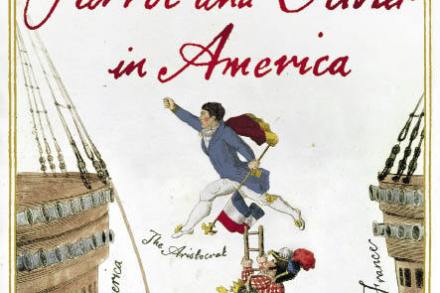Adventure with a difference
Probably my opinion of this bold book is worthless. Peter Carey, having decided to write a novel about Alexis de Tocqueville’s visit to the United States in 1831-2, read, among many other works, my biography of Tocqueville, which was published two years ago in, he says, ‘the nick of time’. He is kind enough to




















